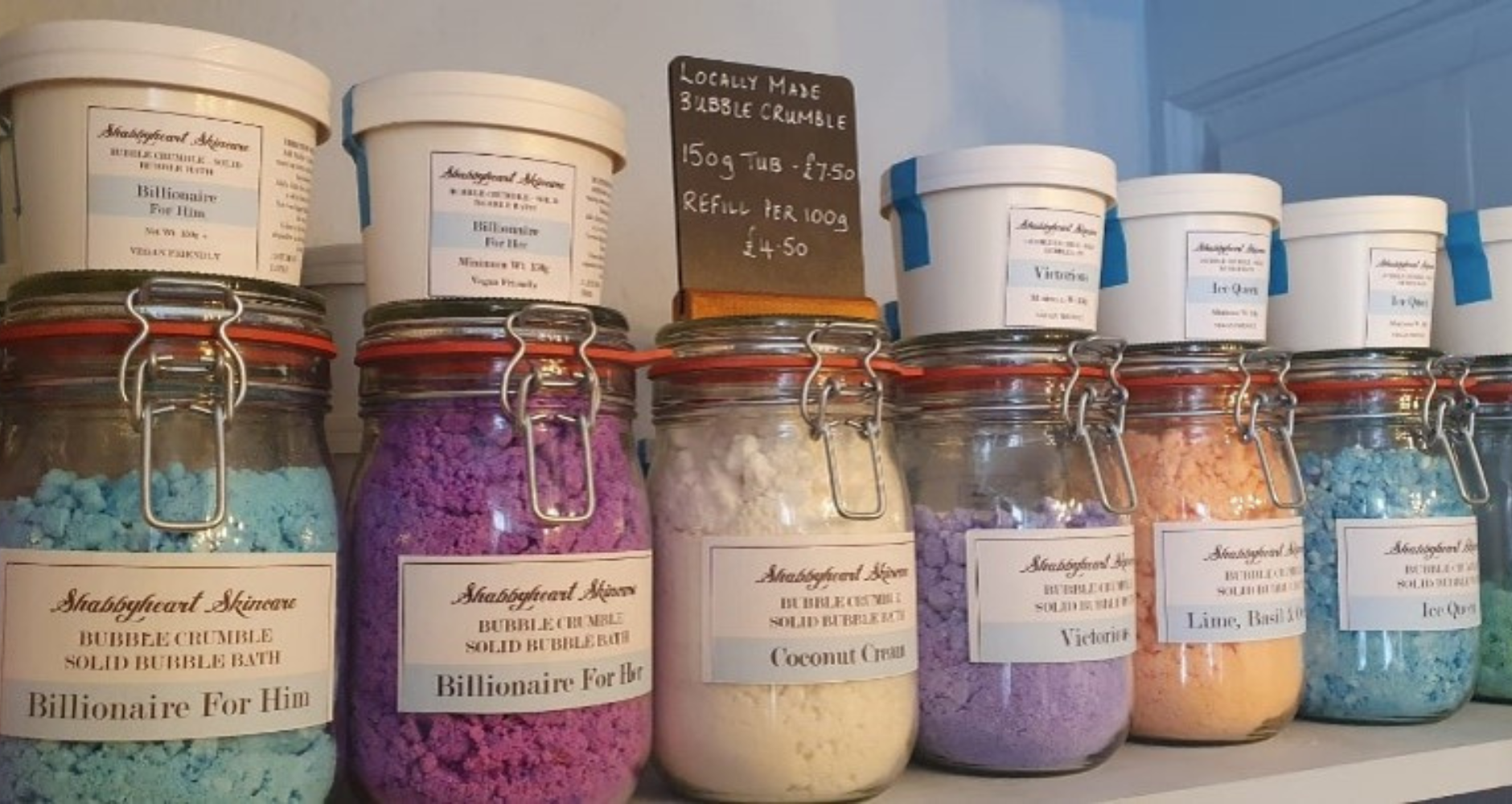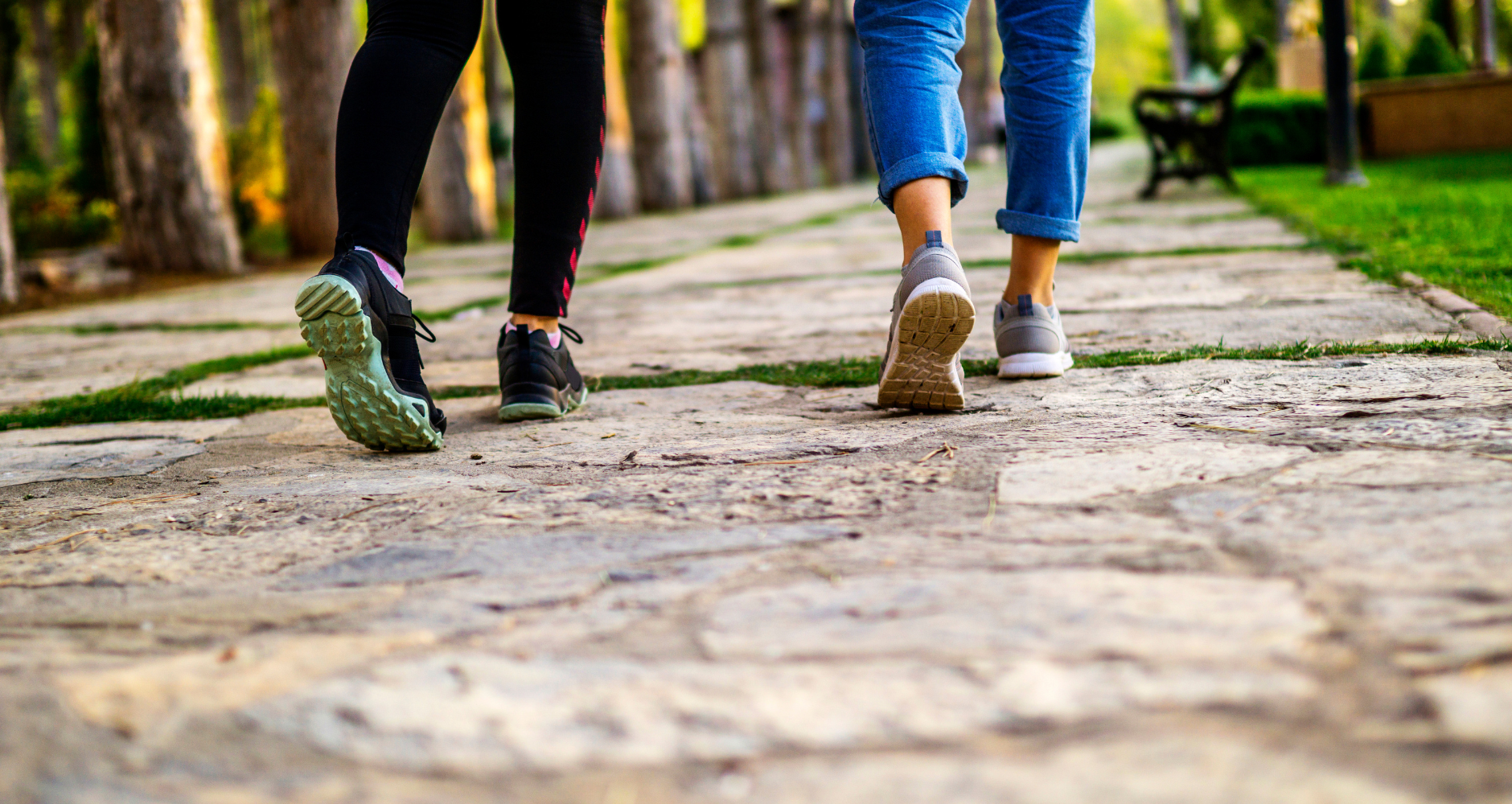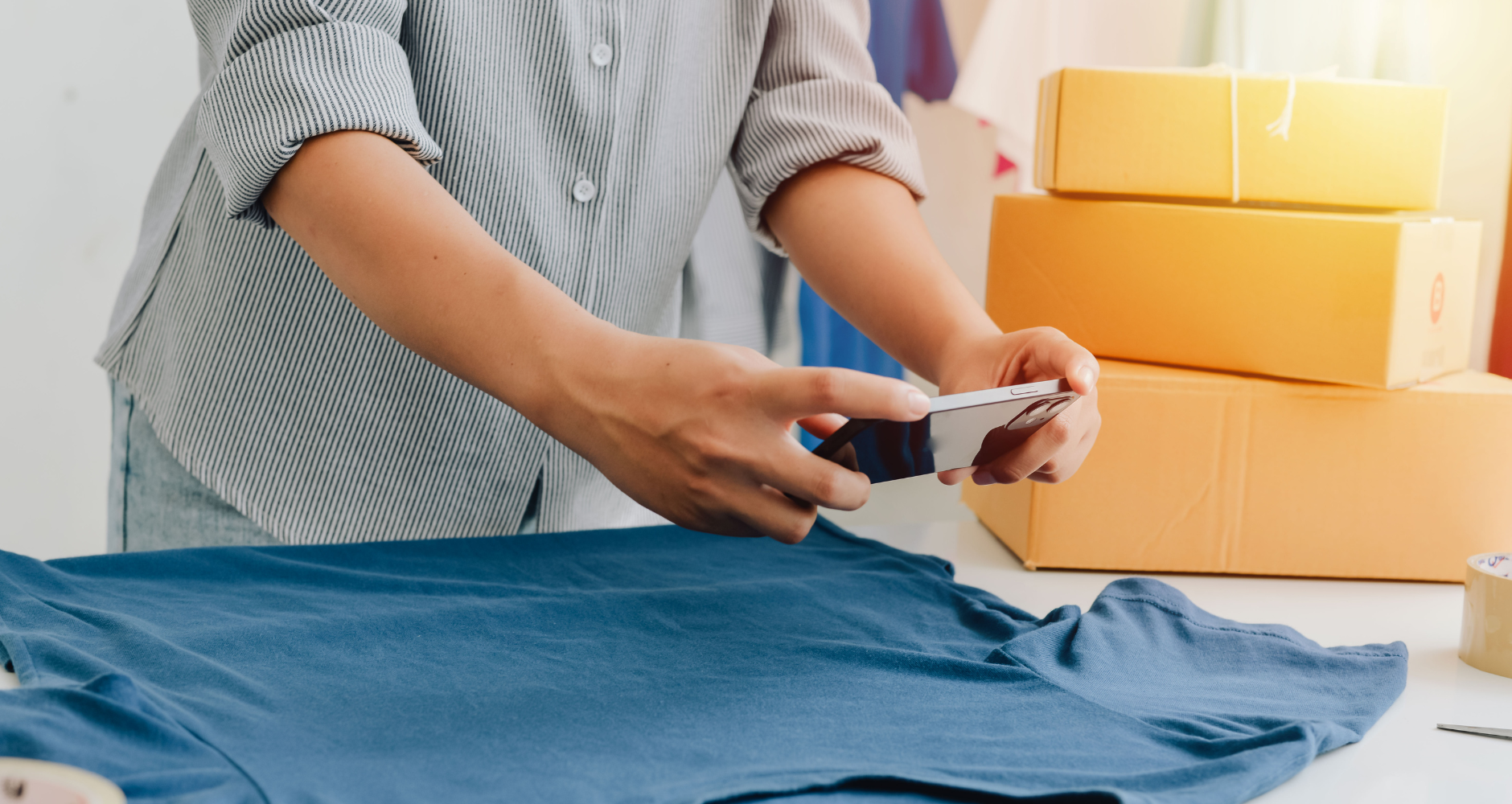Five Tips for a More Sustainable Lifestyle
Living sustainably can be defined in many ways, but it’s mostly about making positive changes to reduce your environmental footprint and living in a way that considers your impact on the planet. Below are five handy tips that will start you off on your sustainable journey.
1. Repair, reuse, upcycle
If you can, try to repair and reuse items where possible. Repairing and reusing will save money spent buying new items and reduce the number of usable products entering landfill.
Why not try upcycling used tins for storing stationery? You could even decorate one to create a beautiful vase!

2. Avoid single use plastics
Some types of plastics aren’t always the enemy, however, single-use plastics aren't sustainable. Luckily, there are many alternatives you can use to reduce your plastic waste.
- Refillable water bottles and cups - if you use these reusable products, you'll be a part of the community who saves around 7.7 billion plastic water bottles and 2.5 billion takeaway cups ending up as waste across the UK each year.
- Kitchen wipes, make-up wipes, baby wipes or any wet wipes all contain non-biodegradable plastics. Using reusable wipes such as reusable baby wipes and bamboo make-up rounds, are far more sustainable and go towards reducing the 11 billion wipes thrown away yearly in the UK.
- Cling film is a common kitchen item that most of the time ends up as waste. Great alternatives to this are bees wax wraps, containers, foil, or cotton wraps.
- Reusable nappies – even if you used a reusable alternative once a day, this would save 365 nappies from entering landfill each year. Even small actions are substantial considering around 8 million nappies are disposed of in the UK daily.
- Period products – using reusable pads, cups and pants can help reduce the staggering 200,000 tonnes of single-use products entering landfill in the UK every year.
- Visit a refill shop – remember to bring a refillable container.

3. Sustainable mobility
Transportation is the largest emitter of CO2 in the UK, where sustainable forms of mobility such as walking, cycling, taking public transport or carpooling have a much lower impact on the environment. The next time you plan to travel, take a moment to consider a more sustainable alternative.

4. Overconsumption
Overconsumption describes a situation of consuming something to excess, with regards to the environment it describes using natural resources in a way that exceeds the capacity to regenerate. Reducing the products you buy and need in day-to-day life will result in less resources extracted and less waste generated.
There are many ways in which you can consume less:
- Plan your weekly meals and write a shopping list so you only buy what you need.
- Donate old clothes, swap items with friends and family or buy second-hand clothes.
- If buying new, consider buying quality items that will last.
- Support sustainable brands.
- Repair items where possible.

5. Invest in second-hand
It’s easier than ever to start investing in second-hand items, with the ever-growing popularity of second-hand stores, apps and websites. Investing in second-hand keeps items in circulation for much longer, which is great for the planet. You might also find some bargains and unique finds, usually at a lower price!
Whenever you’re in the market for something new, it’s always a great idea to check out these second-hand platforms first. After all, the most sustainable items are the ones you already own.



